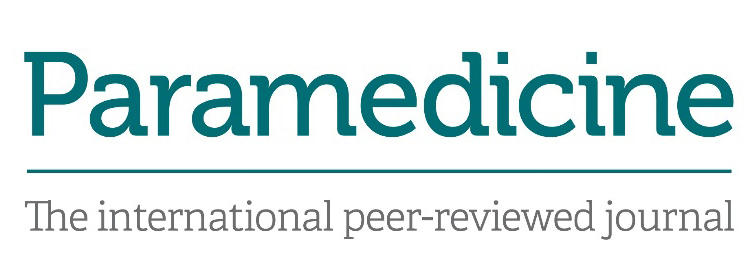|
Check-box Solutions and Organizational Culture: Paramedics’ Perceptions of Workplace Mental Health Supports All Authors: Salvis, Sarah, BSc1 3; Mausz, Justin, PhD1 2 All Affiliations Academic Institutions / Government Affiliations / Other: 1Peel Regional Paramedic Services; 2The McNally Project for Paramedicine Research; 3The University of Oxford Presenting Author: Salvis Sarah, BSc Researcher (Independent); Student (Master’s student); Public safety personnel (Paramedics) Affiliations Region of Peel, Health Services, Peel Regional Paramedic Services Peel Paramedic Association The University of Oxford Research Conducted: Early 2019 to Early 2020 Received support from a Canadian Institute Health Research Catalyst Grant Word Count: 329 Full Abstract (Completed Research) Title Check-box Solutions and Organizational Culture: Paramedics’ Perceptions of Workplace Mental Health Supports Introduction Amid widespread recognition of a mental health crisis within the profession, paramedic employers are encouraged to provide resources to support psychological health and safety, such as peer support, employee assistance, and resiliency training programs. However, some have limited evidence and face institutional challenges, including cultural acceptance among paramedics. The Canadian Standards Association’s voluntary Psychological Health and Safety in the Paramedic Service Organization Standard provides guidance on various approaches to tackling mental health concerns in Paramedic workplaces. Although determining the success of said approaches can be challenging. Objective Considering the potential challenges associated with assisting staff, our objective was to explore paramedics’ perspectives of workplace mental health supports as a means to map out the success of those approaches. Methods: Situated within an interpretivist epistemology, we interviewed a purposively selected sample of 21 paramedics from a single paramedic service in Ontario as part of a qualitative descriptive study. Each interview was recorded and transcribed verbatim and analyzed using the principles of inductive thematic analysis. This involved successive rounds of open and focused coding using gerunds to develop a descriptive account of the participants’ perceptions of the support services available in the local context. Results Paramedics provided mixed reviews of workplace supports, often voicing concerns around inadequate providers, being disingenuous, or not personally useful. On more than one occasion, paramedics raised the concern of supports being check-box solutions with no true value. They rarely spoke of missing formal programs, but instead discussed workplace culture, the need for informal support, and the importance of building trust in supervisors to tackle mental health concerns. Conclusions Paramedic workplaces are aiming to provide adequate mental health supports for frontline staff. Research into the effectiveness of the various supports is limited. Additionally, there seems to be a disconnect between workplace programs and paramedics’ perceptions of value. Staff are emphasizing the usefulness of informal supports and factors influenced by organizational culture. Workplaces will need to bridge the gap between their staff and the resources they provide. |
Sarah currently works as the Paramedic Services Chief for the District of Timiskaming Social Services Administration Board, in Northern Ontario. She was previously employed in various roles with Peel Regional Paramedic Services, including as




